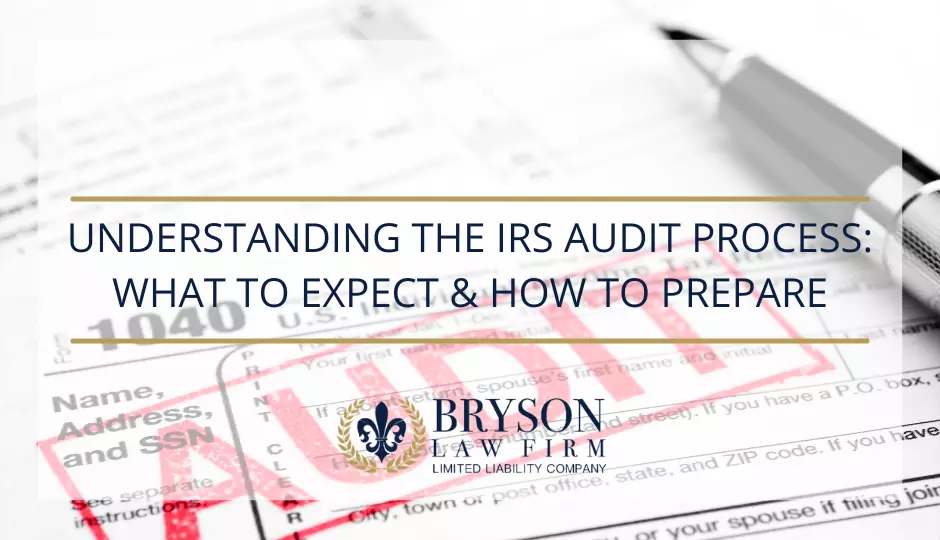Being audited can be downright terrifying for most people. It is a fear we all have, and for good reason. The IRS doesn’t exactly “play nice” when it comes to audits. And while we cannot stop audits from happening, we can understand how they work and how to prepare for them.
There are several ways to become the “lucky winner” of an audit:
- Random selection - when you are chosen based off a computer-generated draw using a statistical formula. The computer will compare your tax return to similar returns and if your returns are outside of the “norm” it will send up a red flag.
- Related examinations – when your tax return involves other taxpayers who are also audited, such as business partners or investors.
- Suspicious activity – if any anomalies or red flags are detected that indicate possible tax evasion or fraud.
If the IRS decides to audit you, you will be notified by mail. The letter will include contact information and instructions on how to proceed, such as sending them additional information about certain items shown on your tax return: income, expenses, itemized deductions. Etc. You will typically have 30 days from the date of the letter to provide the requested documents. The law requires you to keep all records you used to prepare your tax return for at least three years from the date the tax return was filed.
The best way to prepare for the possibility of an audit is to make sure to save all documents used to file your return such as: W2s, receipts used for itemized deductions, check stubs, health insurance payment statements, etc. Keeping both physical and digital copies will ensure that your documents are protected and easily accessible. This can save you time and frustration when needing to gather your documents.
Once you have gathered and presented all requested documentation to the IRS, it can take several months before you receive the examination report, and in some cases up to two years. The examination report, known as the Revenue Agent’s Report (RAR) will include any reported adjustments to your return, the amount of tax owed, any interest due, and any penalties that apply. Penalties could be for failure to file, failure to pay, failure to make estimated payments, or tax fraud.
From the time you receive the examination report, you will have 30 days to either accept or challenge the audit findings. If you choose to accept the findings, you will sign the reports or IRS form and arrange for a payment plan to settle the outstanding amount. If you choose to challenge the audit findings, you will need to file an appeal. If you need more time, you can request a 30- or 60-day extension, however it is important to know that interest and penalties continue to accrue during that time.
Although you could choose to handle your audit yourself, hiring a tax attorney can help you navigate the process strategically to minimize any outstanding taxes you have to pay. They can also assist in completing legal forms requested by the IRS and help with the appeals process. Because tax problems are legal problems, if you've been contacted by the IRS for an audit, contact Bryson Law Firm, LLC today. We'll offer you a free, initial consultation to discuss how we can help.






















